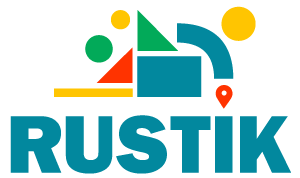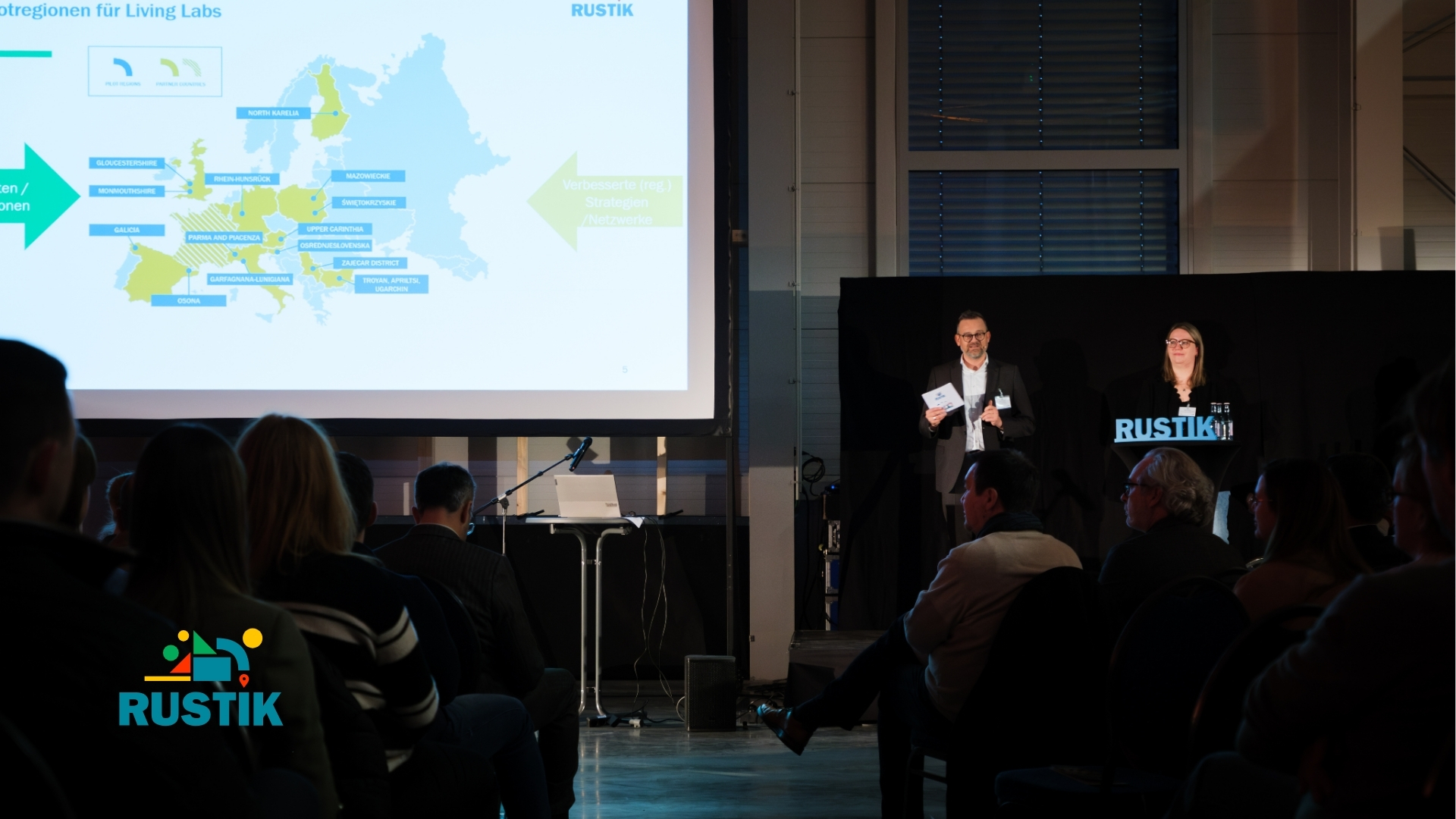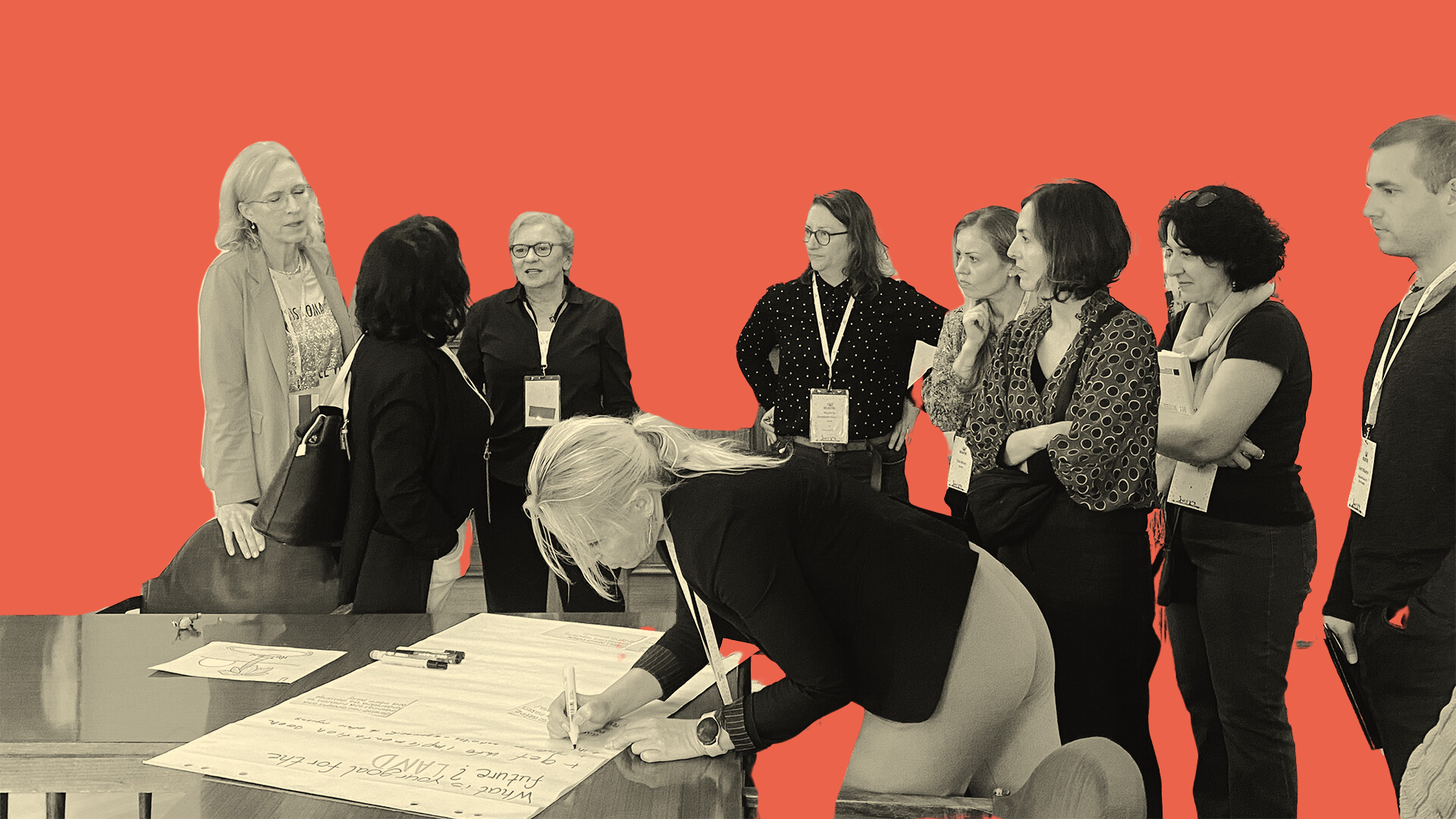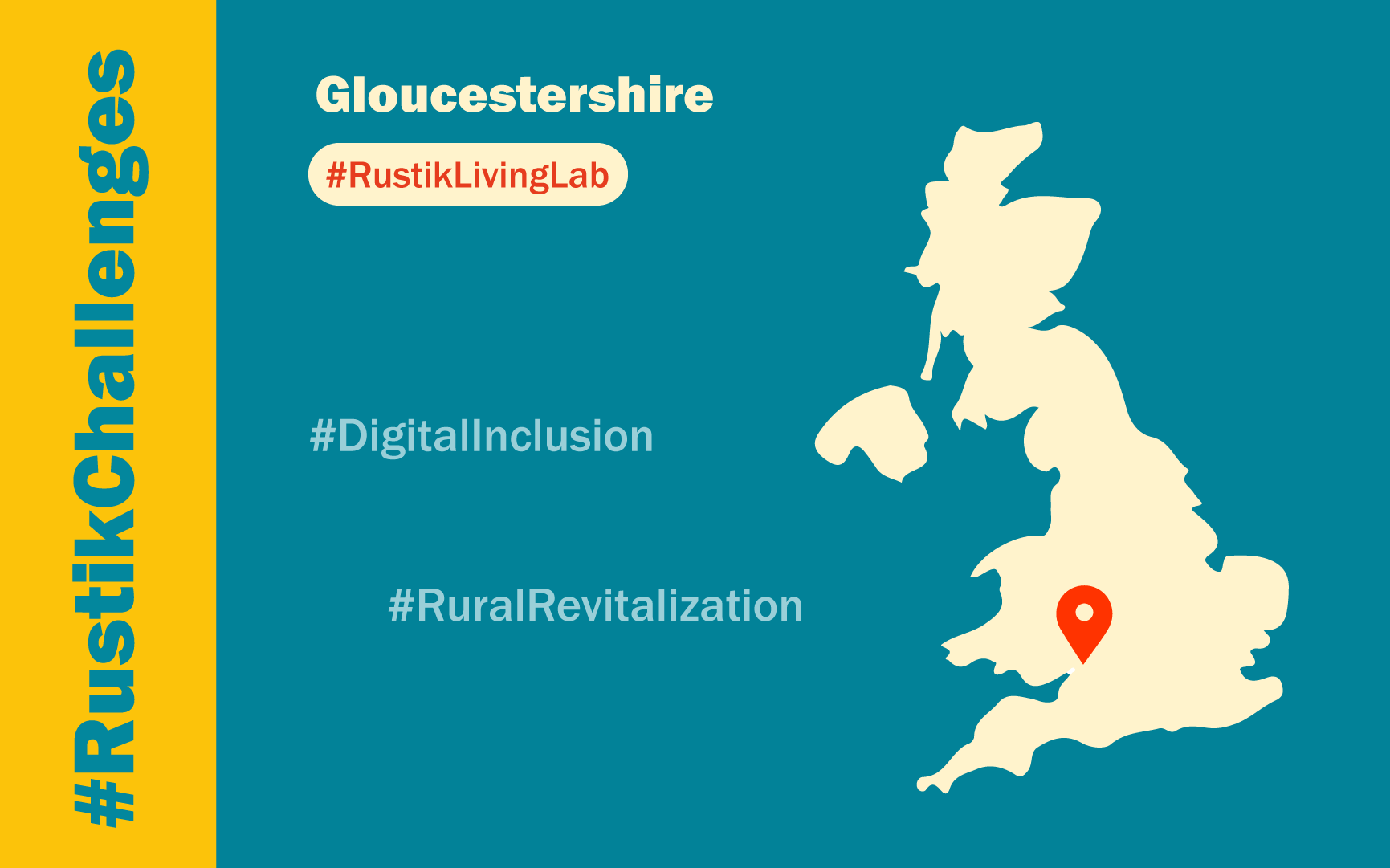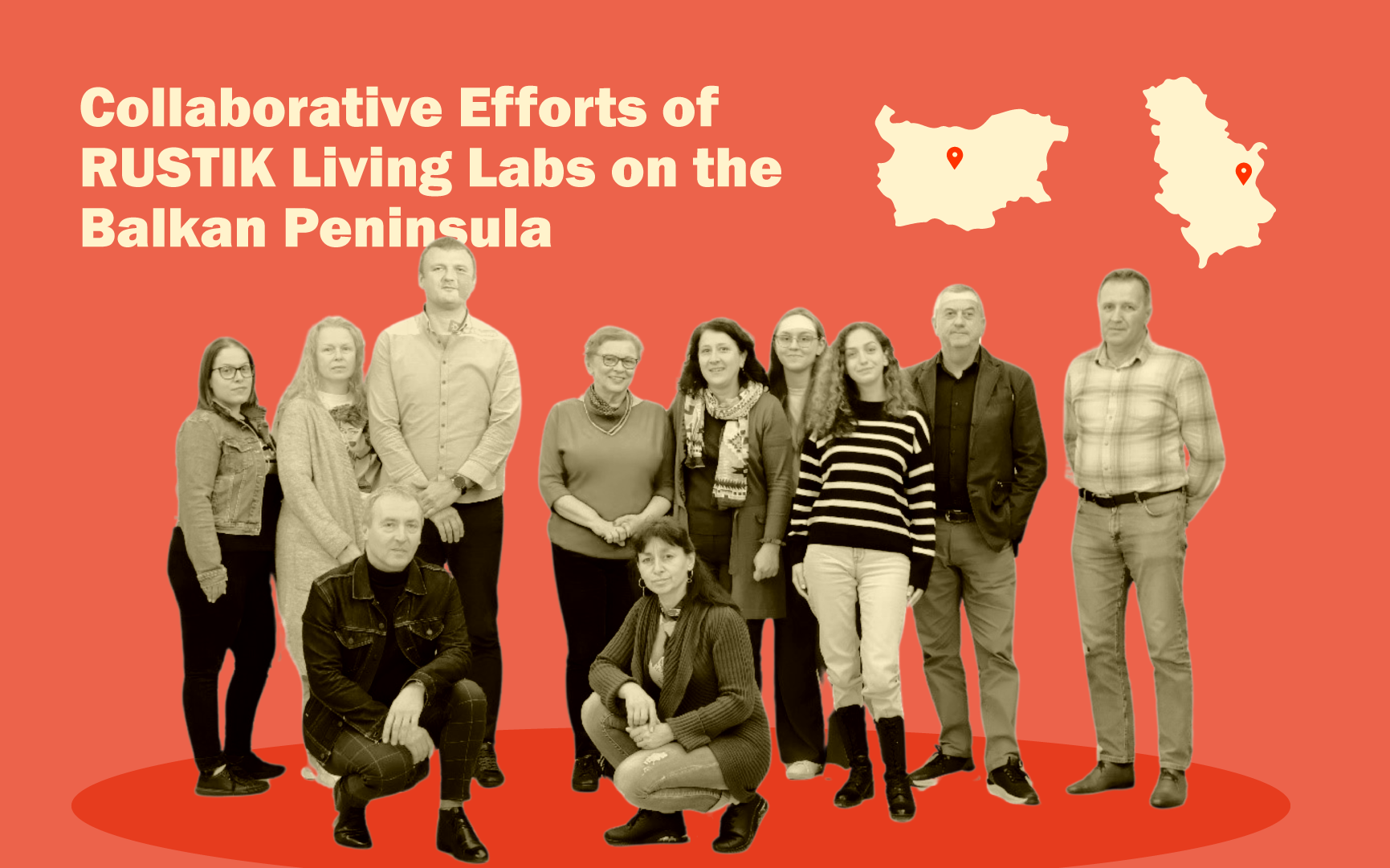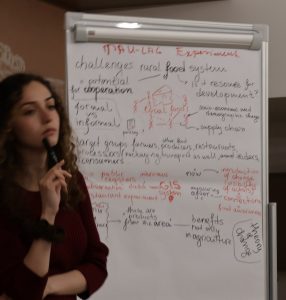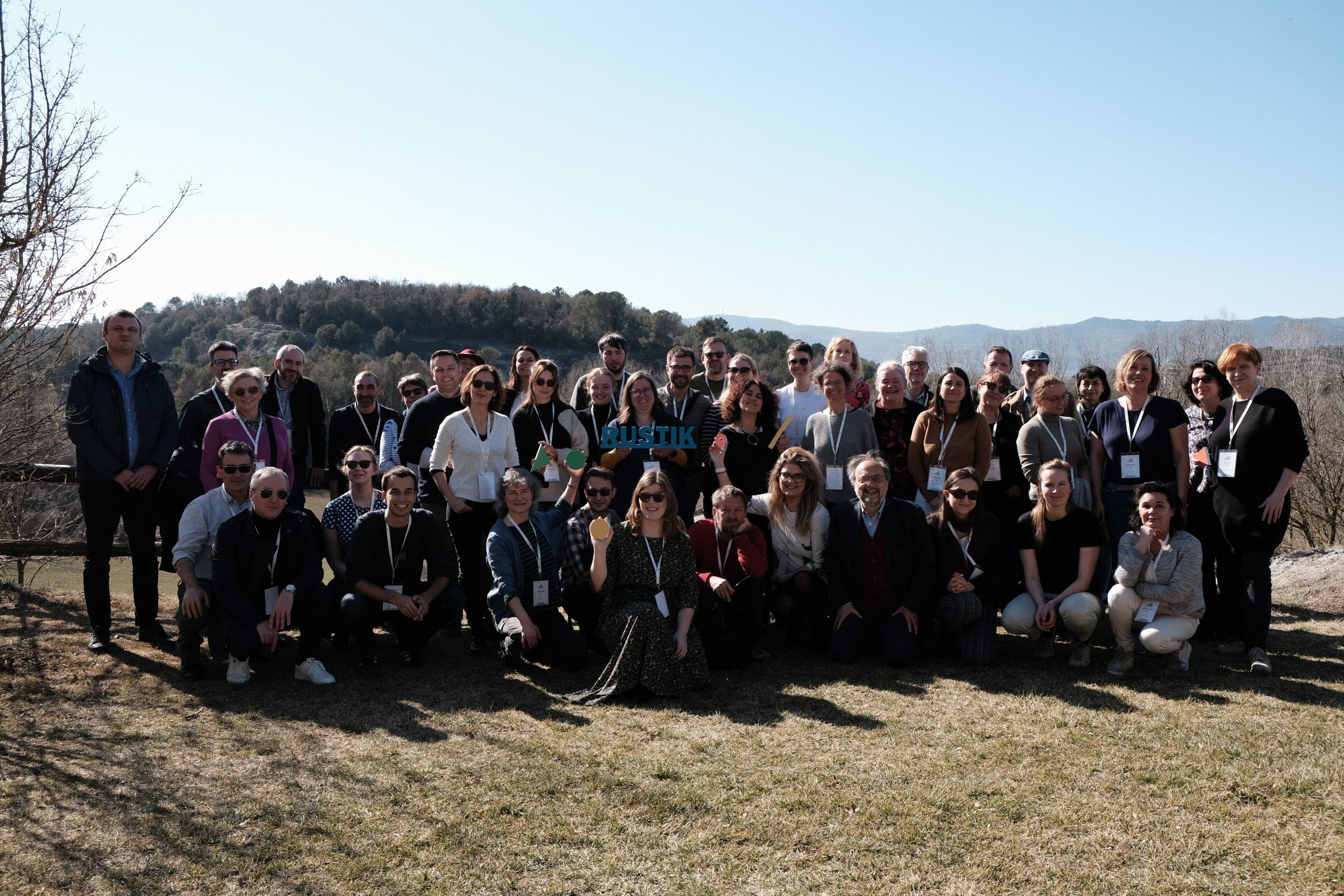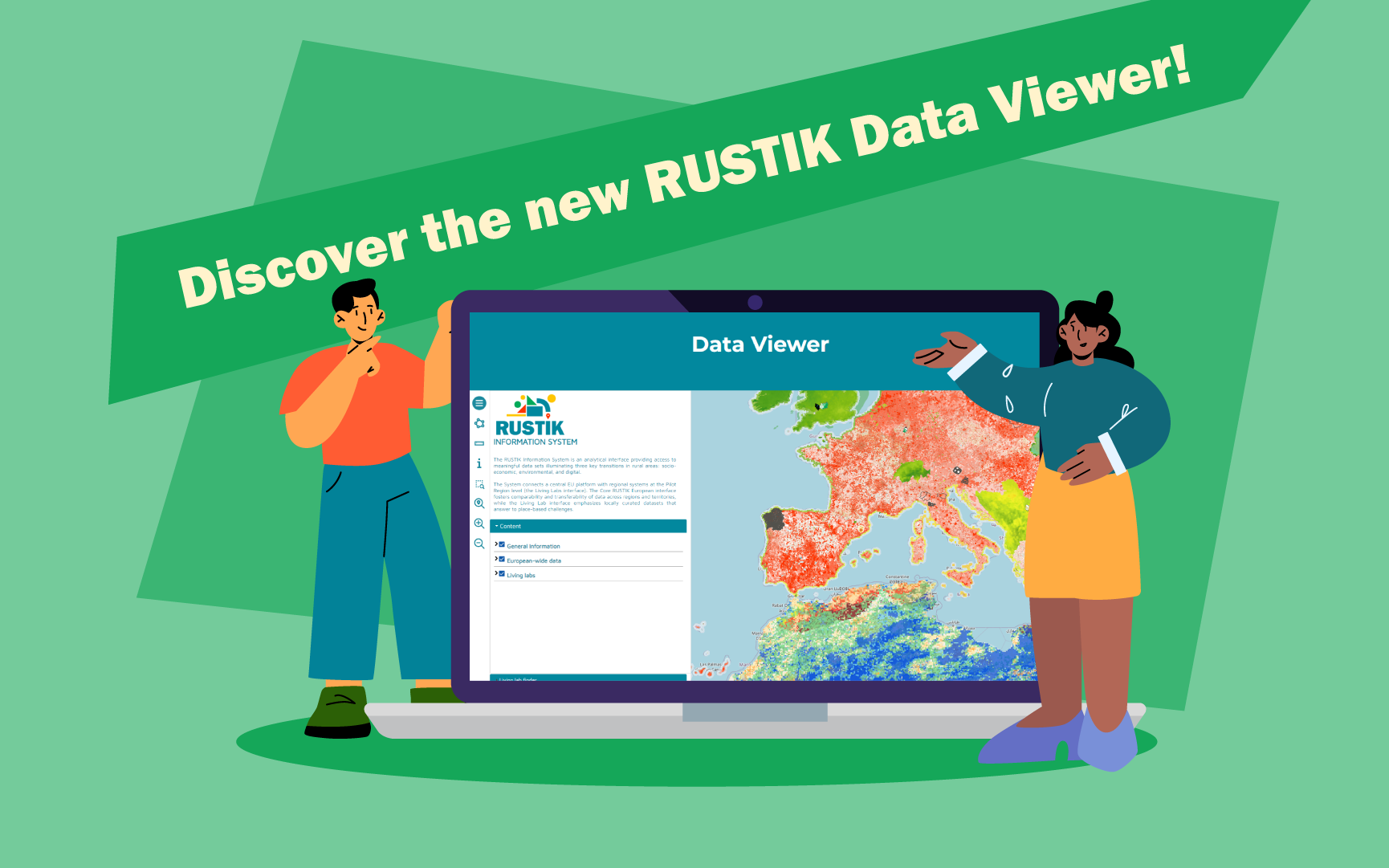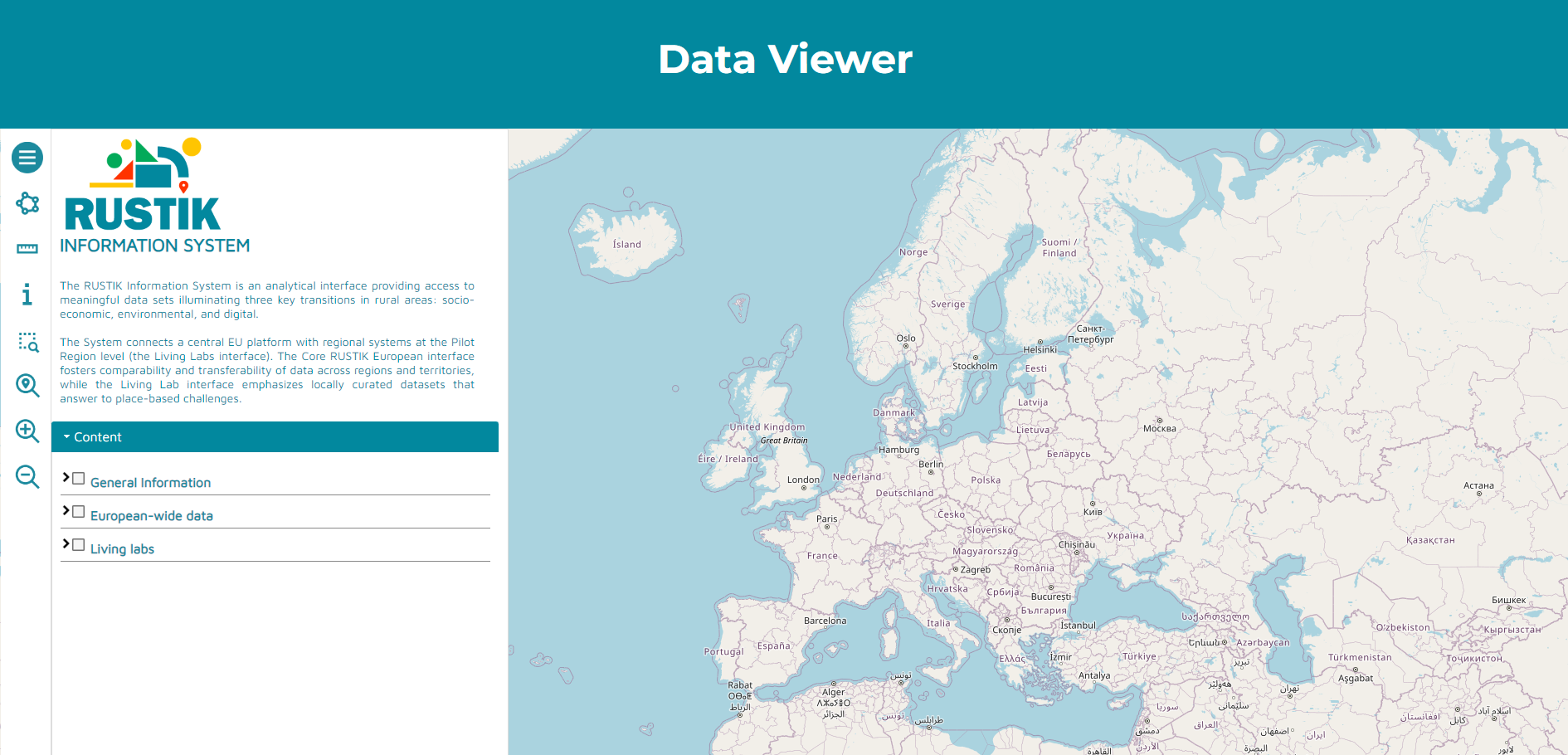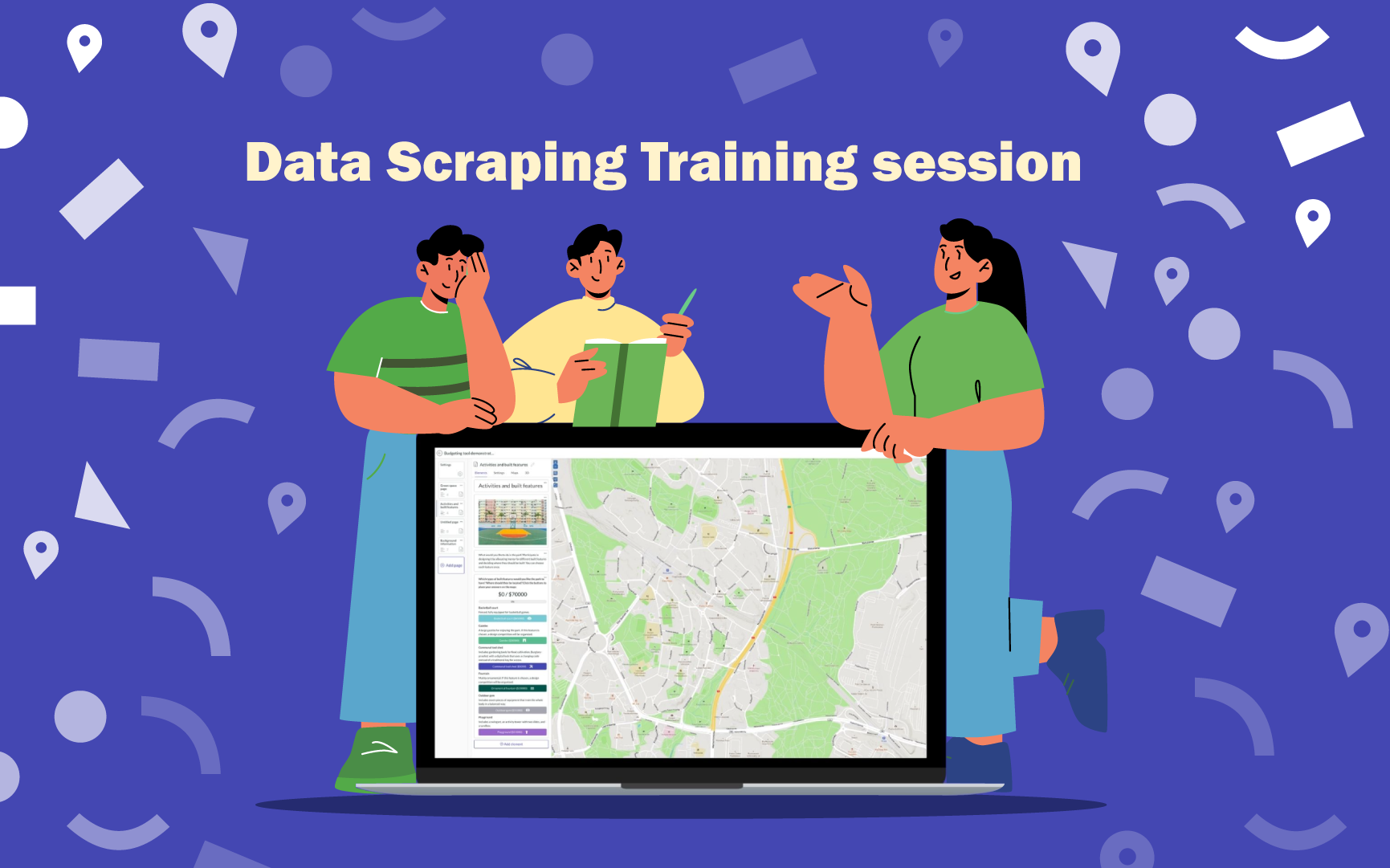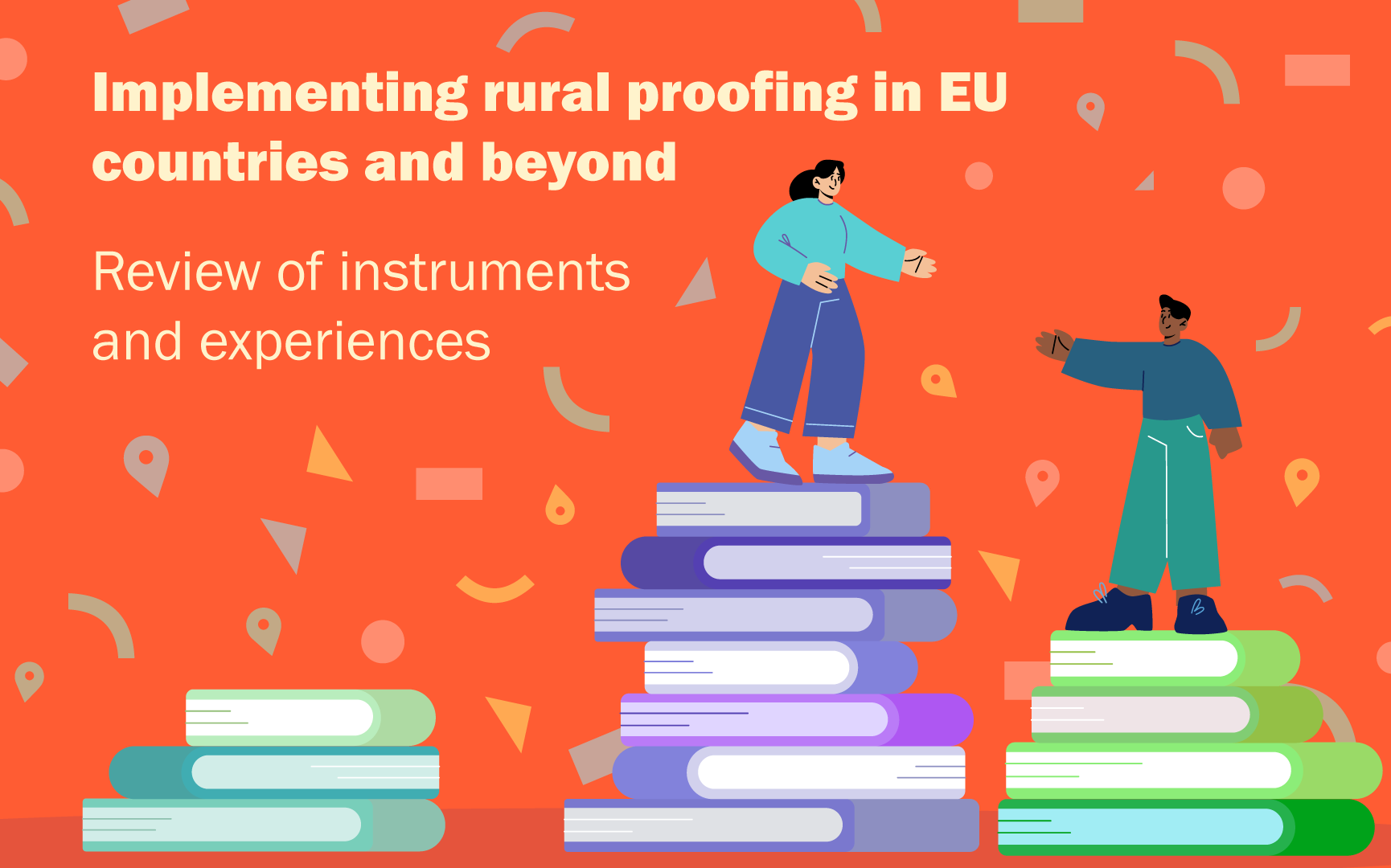On February 6 2025, the Dialogue event “Youth and Vocational Training Here” took place at the Performance and Innovation Center of the DFH Group in Simmern, offering an engaging platform to discuss the challenges and opportunities of vocational training in the Rhein-Hunsrück district. The target group was primarily regional companies that offer training, but also labour and training market players, schools and educational institutions, as well as political stakeholders.
In the Rhein-Hunsrück RUSTIK Living Lab, the Institute for Rural Development Research (Living Lab coordinator) and the Regionalrat Wirtschaft Rhein-Hunsrück (practice partner) have been working together to better understand the needs of young people and regional companies regarding vocational training. This event provided an opportunity to present to an audience of 150 participants the key insights from the first large-scale survey, which involved around 300 young people.
The event featured a dynamic panel discussion with representatives from the Ministry of Labour, Social Affairs, Transformation and Digitalization of Rhineland-Palatinate, the district administration of Rhein-Hunsrück, the DFH Group as one of the region’s key training companies, and the headmaster of a school in the Rhein-Hunsrück district. The discussion focused on identifying new perspectives and providing valuable impulses for the development of the regional training landscape. Another significant highlight was a presentation by the SINUS Institute, offering insights into the life worlds of young people and their relevance to career choices.
The event concluded with the announcement of the launch of an online survey targeting training companies in the region, marking another important step in the activities of the Living Lab within the RUSTIK project.
